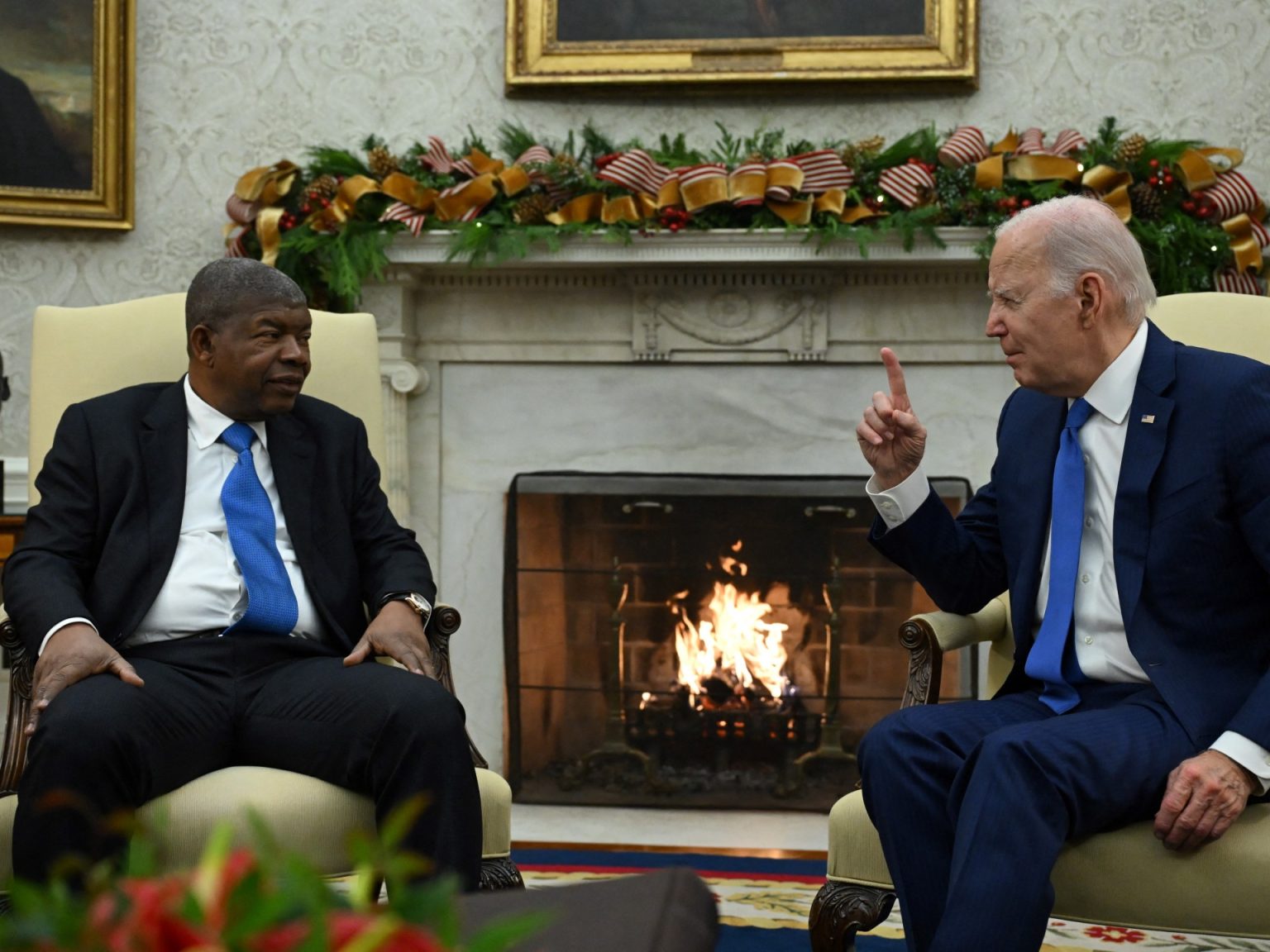Joe Biden’s planned trip to Angola, which would have been his first visit to Africa as president of the United States, was postponed due to Hurricane Milton. The trip was supposed to deliver a diplomatic victory for Angolan President Joao Lourenco’s government and establish the Southern African nation as a key US ally after a decade of absence. Critics argue that Biden has not prioritized Africa, despite the continent’s growing importance to other global powers like China and Russia. Since taking office in 2020, Biden has not visited any African country, focusing instead on Europe, the Middle East, Asia, and Latin America.
Biden first promised to visit Africa in 2022 during the US-Africa Leaders Summit, where he made grand promises to support African countries in gaining permanent seats at the UN Security Council and having representation in the Group of 20. However, many of these promises have not been fulfilled, leading to criticism of the administration’s initial neglect of the continent. Biden’s administration did not develop a formal Africa strategy until 2022, leaving little time to make a significant impact before the end of his term. While some wins, such as the AU’s admission as a permanent member of the G20, have been achieved, Biden’s legacy in Africa remains uncertain.
In comparison to other global powers, such as China and Russia, Biden’s engagement with Africa has been limited. Chinese President Xi Jinping has visited Africa multiple times, while Russian President Vladimir Putin has also shown interest in the continent. Analysts argue that Biden’s decision to visit Angola, if it happens, is focused on economic and strategic interests, particularly through the Lobito Corridor project. The relationship between the US and Angola is controversial, as President Lourenco’s government faces criticism for corruption, human rights abuses, and ongoing protests. Biden’s support for Lourenco could be seen as emboldening the Angolan government.
Despite Biden’s efforts to improve US-Angola relations and potentially shift the country’s allegiance from China or Russia, many Angolans remain skeptical of the government’s ties to the US. With Biden’s term coming to an end, there is little he can do to strengthen his legacy in Africa. The success of his administration’s policies towards the continent will ultimately be judged based on the expectations that were set and the gap between promises and actions. The next administration, led by Vice President Kamala Harris or another successor, will determine the future of US-Africa relations and the impact of Biden’s unfulfilled promises.


